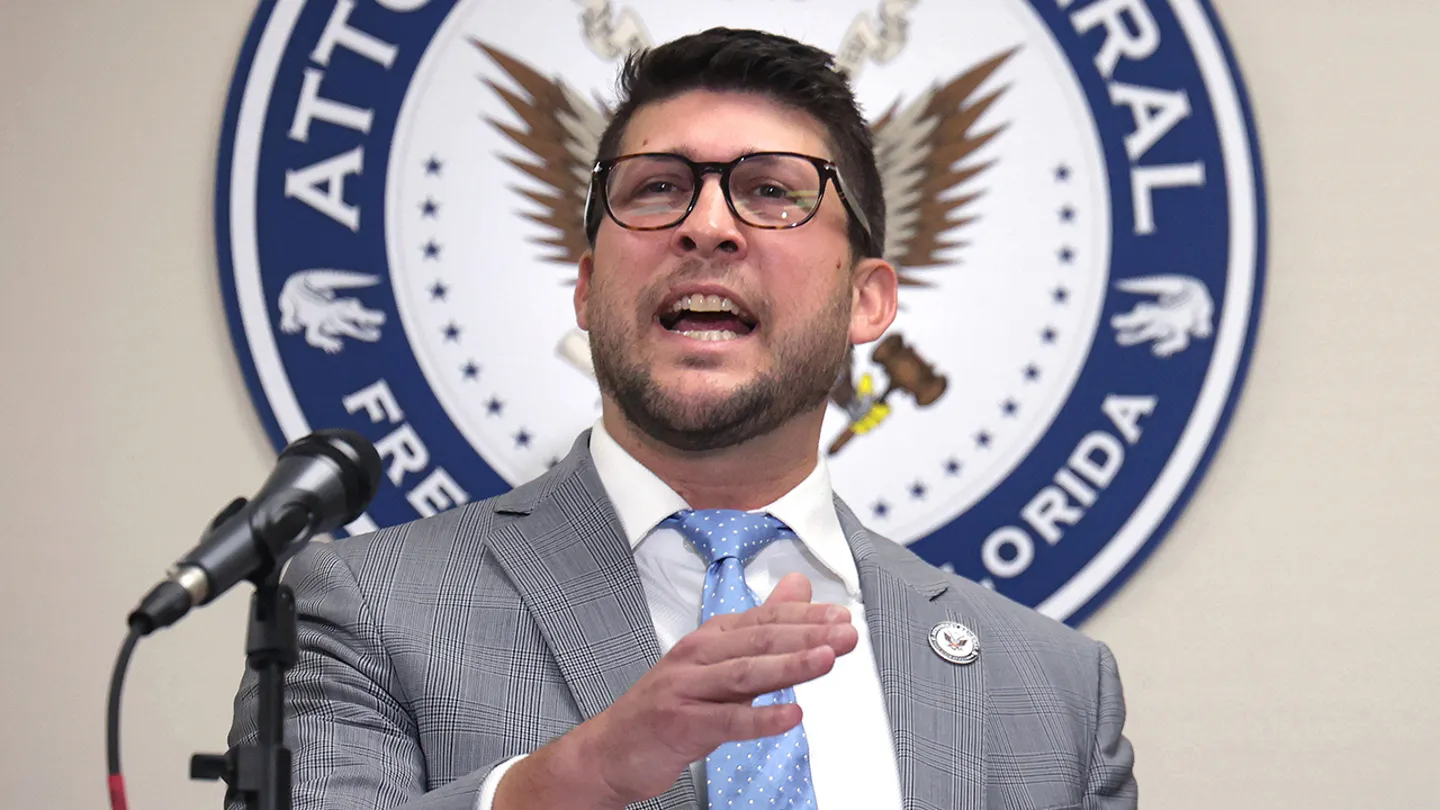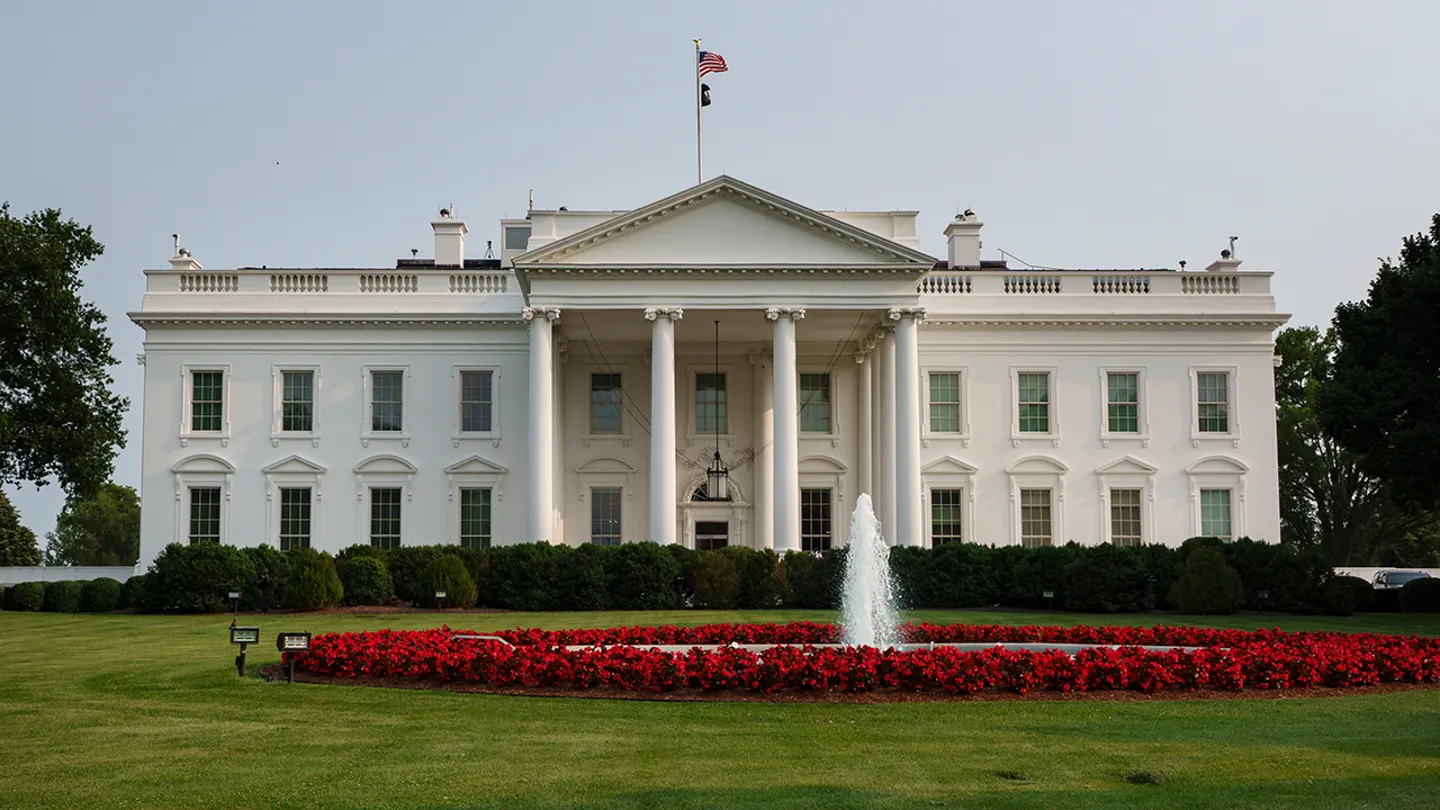Local governments across England, Scotland, and Wales are staring at a staggering £4.3 billion ($5.6 billion) deficit in their finances for the upcoming year, according to a report published by Unison, the United Kingdom’s largest trade union, CNN reports.
This shortfall could lead to significant cuts in jobs and essential services such as rubbish collection and libraries.
Unison’s report, released on Monday, cautioned that without additional emergency funding to address the projected gap for the 2025-26 financial year, there’s a “serious risk of the widespread collapse of local government.” The financial gap for local councils is anticipated to expand further, reaching £8.5 billion ($11.1 billion) the following year. These projections are based on publicly accessible financial statements and estimates from several councils shared with Unison.
This alarming report surfaces as the newly elected Labour government prepares to present its local government funding plans in its inaugural budget next month. In July, the government revealed a £22 billion ($29 billion) deficit in the nation’s finances, adding urgency to the fiscal challenges faced by local councils.
Unison indicated that in efforts to balance their budgets legally, many local government authorities might be compelled to sell land and buildings and cut back on vital services. This includes reductions in rubbish collection, library services, and the maintenance of public toilets.
UK Prime Minister Keir Starmer hinted at upcoming austerity measures, saying in a speech last month that the budget will be “painful” and may involve tax increases.
“We’re going to have to take tough decisions,” Starmer warned.
Chronic funding shortfalls have plagued many of Britain’s local governments over the past decade, largely due to significant cuts from central government funds in the 2010s.
According to the Institute for Fiscal Studies (IFS), English councils have seen a 9% reduction in “core funding” — which includes both central government funds and local taxes — between 2010 and now, after adjusting for inflation. This amounts to an 18% per resident cut as populations have grown.
Birmingham, the UK’s second-largest city, declared itself effectively bankrupt a year ago, ceasing all spending except on essential services. In March, the city’s council approved a massive cuts package, one of the most significant in local government history, which involves slashing up to 600 jobs and reducing funding for social care, children’s services, and waste collections.
Since 2018, eight councils have issued “section 114 notices,” indicating they are effectively bankrupt.
“Countless essential services and very many vital jobs are at risk, with terrible consequences for communities across Britain… After 14 years of ruthless austerity, the very fabric of local society is under threat,” Unison’s general secretary, Christina McAnea, said.
Between 2010 and 2023, councils closed some 1,243 youth centers and 1,168 children’s centers — facilities that offer free classes and services to young people and families. The number of public toilets dropped by 1,629, and council-run libraries decreased by 1,376 over the same period, according to Unison. Further cuts loom, with Shropshire Council planning to eliminate up to 540 jobs, Derbyshire County Council proposing to close up to 11 elderly care homes, and Hampshire County Council considering ending all homeless support funding by March next year.
In response to Unison’s report, a UK government spokesperson pledged to “fix the foundations of local government.”
“We will get councils back on their feet by getting the basics right — providing more stability through multi-year funding settlements, ending competitive bidding for pots of money, and reforming the local audit system,” the spokesperson added.









